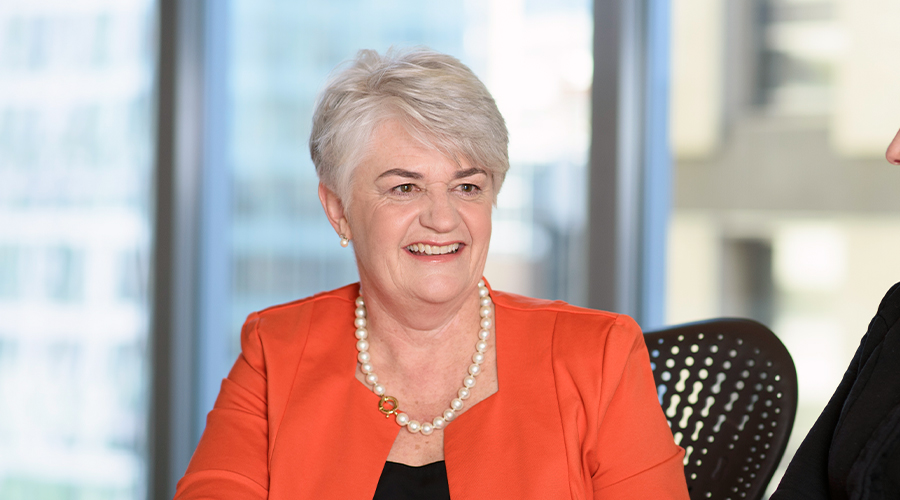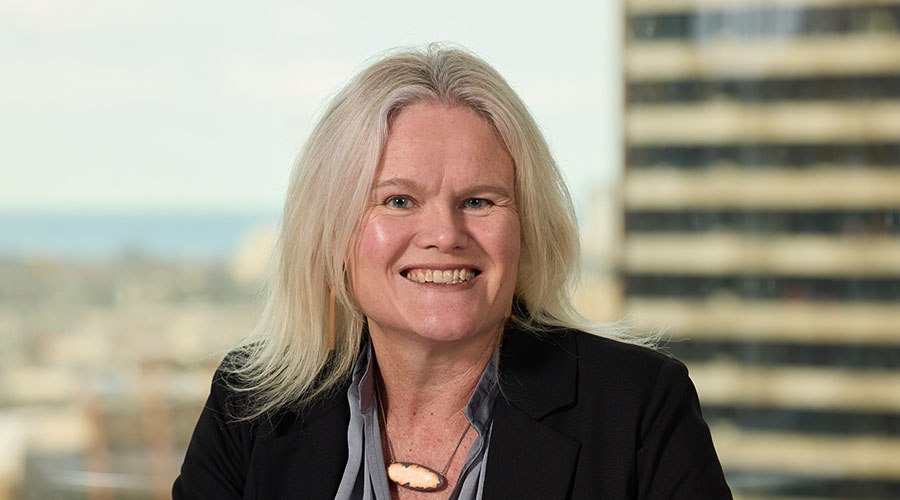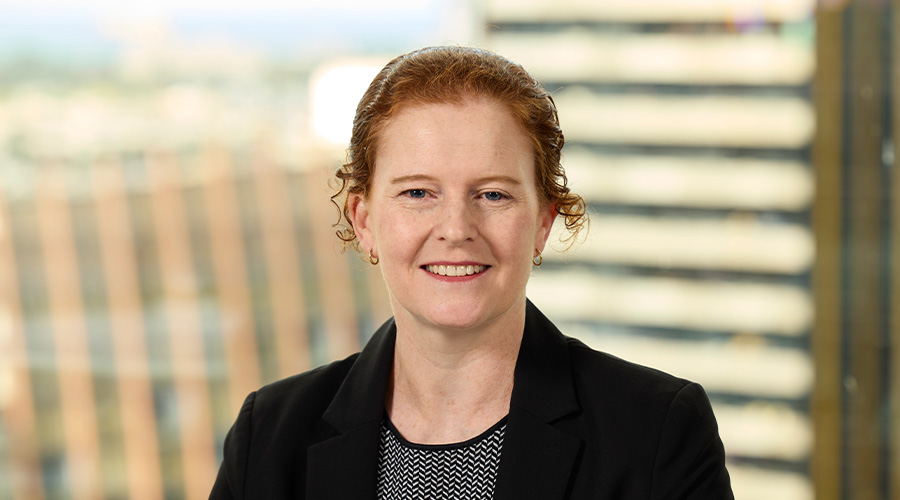Victorian State FY20 Budget
Tim Pallas MP, Treasurer for Victoria, delivered the FY20 state budget (Budget) in Parliament yesterday afternoon and the State Taxation Acts Amendment Bill 2019 (Bill) was introduced to Parliament to implement proposed tax changes.
The Budget is premised on a strong labour market, but a weaker residential property market leading to declining revenues from land transfer duty and land tax. Despite a $5.2 billion reduction in revenue from cooling property values, the Budget delivers a $1 billion operating surplus through various tax measures targeting the property sector, large gold miners and luxury car buyers.
Foreign investors in Victorian property will pay higher ‘surcharge’ duty and land tax rates, and some local home owners will lose part of the land tax principal place of residence exemption that currently applies to land on a separate title adjacent to their home.
One Budget proposal highlights an intention to facilitate business restructuring by expanding the eligibility requirements for corporate reconstruction duty concessions. However, the cost of this ‘expansion’ of relief is that eligible taxpayers will lose part of the exemption, as they will be required to pay 10 per cent of the duty otherwise payable rather than benefitting from the current full exemption.
Regional Victorians are amongst the biggest winners in this Budget, with both a new duty concession for regional commercial and industrial property transactions and a further reduced regional payroll tax rate to be phased in over the next few years.
We have summarised below some key taxation measures in the Budget.
Land transfer duty (often still referred to as ‘stamp’ duty)
From 1 July 2019:
- The current corporate reconstruction relief exemption (for qualifying transactions) will be replaced with duty equivalent to 10 per cent of the duty otherwise payable. In effect, a 90 per cent concession will now apply, rather than a complete exemption from duty. This looks like a blast from the past as it is similar to a previous South Australian corporate reconstruction relief concession that only provided a 95 per cent concession whilst at that time the other states and territories (with the exception of Tasmania) provided a complete exemption. The South Australian equivalent was reformed a few years ago to provide a complete exemption for qualifying transactions that is far more commercial and practical.
The government’s message on this Budget measure is that it will promote ‘greater business efficiency by making it easier for corporate groups to restructure’. We will soon see how this will be implemented. Some of the possibilities are:
- a ‘corporate group’ might be defined more broadly than under the current rules;
- the requirement for the corporate group to remain associated for at least three years after the restructure might be removed (to bring Victoria in line with other jurisdictions);
- corporate groups might be able to self-assess for the concession, rather than having to apply to the Commissioner to request the exemption be granted; or
- some other relaxation of the current rules might be implemented.
It is difficult to see how the additional ‘10 percent’ cost will make corporate group restructures ‘easier’; particularly when many restructures require (for commercial reasons, or to comply with requirements or restrictions imposed under foreign laws) multiple transfers or steps that, but for corporate restructure relief, would give rise to multiple ‘hits’ of duty. In those restructures, the ‘cost’ of the concession will add up. The devil will be in the detail of the amending Bill (which is not yet available at the time of writing).
Some corporate group restructures currently being contemplated may now be expedited and undertaken before the end of June when the proposed changes will take effect. This is unlikely to provide sufficient time for many of these corporate groups to prepare and lodge submissions to obtain a private ruling to confirm the availability of the current exemption before a restructure is executed.
- The surcharge imposed on foreign buyers of residential property will be increased again from 7 per cent to 8 per cent for contracts entered into on or after 1 July 2019, aligning the Victorian rate with New South Wales.
- To support regional businesses, a duty concession of 10 per cent will be provided for transactions involving commercial and industrial property in regional Victoria. This will increase by 10 percentage points each year up to a 50 per cent concession from 1 July 2023.
The timing of the foreign purchaser surcharge and regional concession changes will be based on contract dates. We might see some savvy foreign purchasers of residential properties lock in their contracts in June to ensure they are not hit by the additional 1 percent surcharge, whilst astute purchasers of commercial or industrial regional property might pause for a month before signing on the dotted line.
Land tax
Separately titled land in metropolitan Melbourne that is contiguous with a principal place of residence and used for the benefit of that residence will no longer be exempt from land tax. Anyone with a separate block of land used as part of their residence for activities such as a veggie garden, a tennis court, or just somewhere for their kids to play, will need to incur the expense and effort of consolidating their titles by 31 December this year to retain the full exemption.
This Budget measure is intended to discourage land banking. Though it might achieve this goal in the short term, it will be at the expense of those genuinely using separately titled land as part of their residence, and could also reduce future flexibility for such properties. For example, a large family might have purchased a home and the block next door to live the Australian dream of having a big yard for the kids to play in. If they consolidate the titles now so their exemption for the yard continues, they would need to subsequently (re)subdivide the land once they are ‘empty nesters’ and want to sell the part of the land they no longer need.
The absentee owner land tax surcharge will be increased from 1.5 per cent to 2.0 per cent from the 2020 land tax year. Though this is to bring it in line with the rate in New South Wales, the Victorian surcharge applies to a broader land base (i.e. any non-exempt land) whereas New South Wales only applies its equivalent surcharge to ‘residential’ property.
Payroll tax
From 1 July 2019, the payroll tax exemption for wages paid to employees on maternity leave will be extended to all types of parental leave. This aligns the exemption with more modern policies which enable all new parents to spend precious time to bond with their newborn babies.
From 1 July 2020, more benefits will take effect for regional businesses, with a reduction to the regional payroll tax rate paid by eligible businesses to be phased in over three years. This will reduce the rate to 1.2125 per cent, which is 25 per cent of the metropolitan rate, by 2022-23.
From 1 July 2021, the current payroll tax-free threshold of $650,000 will be lifted to $675,000, with a further increase of $25,000 to $700,000 in 2022-23.
Motor vehicle duty
From 1 July 2019:
- Motor vehicle duty for used passenger motor vehicles valued above the luxury threshold will be aligned with the rate for new cars; and
- Two new ‘super-luxury’ thresholds will be introduced. Motor vehicle duty will be charged at approximately 7 per cent for passenger motor vehicles valued between $100,001 and $150,000, and approximately 9 per cent for those valued above $150,001. Exemptions will be provided for low-emission passenger cars and cars owned by primary producers and used in their primary production business.
Luxury car dealers will certainly make the most of their end of financial year sales to encourage buyers to take advantage of the existing rate before this increase takes effect.
Gold royalty
To bring Victoria in line with other states, the Government has also proposed a 2.75 per cent gold royalty. Small miners will be exempt.
This article was written with the assistance of Norberto Rodriguez, Lawyer.
Contact

Jordon Lee
Lawyer

Geoff Benson
Lawyer

Harvey Duckett
Lawyer

Luke Denham
Lawyer

Jemima Whiteman
Lawyer

Bradley White
Lawyer

Sarah Khan
Lawyer

Marie Mitilineos
Lawyer

Gloria Tam
Lawyer

Sheldon Fu
Lawyer

Anna Cao
Lawyer

Claire Bourke
Lawyer

Chloe Taylor
Lawyer

Silvana Brcina
Lawyer

Daphne Schilizzi
Lawyer

Andrew Banks
Lawyer

Isabella Urso
Lawyer

Jessica Liu
Lawyer

Amelia Spratt
Lawyer

Luke Raams
Lawyer

Emma McDonald
Lawyer

Carl Ayers
Lawyer

Gus Hu
Lawyer

Rebecca Dodd
Lawyer

Gretel Burns
Lawyer

Rachel Bonic
Lawyer

Samantha Frost
Lawyer

Emma Bechaz
Lawyer

Matt Dolan
Lawyer

Luke Hefferan
Lawyer
Related practices
You might be also interested in...

Tax | 22 Aug 2019
Talking Tax – Issue 168
This week in Talking Tax we provide an update on an important decision from the High Court in relation to legal professional privilege and examine a judgment from the Federal Court about the application of the results test in the context of personal services income. Lastly, we reflect on a recently updated law administration practice statement relating to the ATO’s ability to recover tax debts from overseas debtors.

Tax | 15 Aug 2019
Talking Tax – Issue 167
In Telgrove Pty Ltd t/as P & E Francis Plant Hire v Commissioner of State Revenue [2019] QCAT 199, Telgrove Pty Ltd (Telgrove), as the designated group employer, had made an ‘exclusion order’ to request that Telgrove and 3 other entities be excluded from a list of six entities that were determined to be a payroll tax group by the Queensland Commissioner of State Revenue (Commissioner).































































































































































































































































































































































